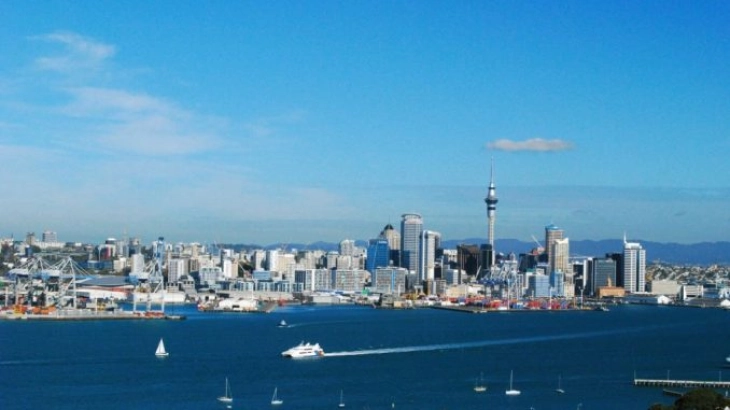New Zealand has reversed course on legislation intended to prohibit the sale of cigarettes to future generations, as announced by the government on Thursday.
Under the leadership of Jacinda Ardern, the country had enacted a groundbreaking law in 2022, aiming to halt tobacco sales for individuals born after 2008. This legislation also included provisions for reducing the nicotine content in cigarettes and limiting the number of tobacco sales outlets.
However, the new National coalition government swiftly overturned this law overnight on Wednesday, sidestepping the usual scrutiny and public submissions process.
Casey Costello, the Associate Minister of Health, asserted that despite this reversal, the government remains committed to making the country smoke-free.
“New Zealand has witnessed substantial declines in smoking rates globally in recent years, and we aim to build upon the practical tools and approaches that have proven effective to date,” Costello stated.
She criticized the prior government’s approach, stating, “The last government was moving towards an untested regime that ignored how well quit smoking initiatives were working, and the potential downside of taking a prohibitionist approach for smokers, or for retailers and crime.”
Labour leader Chris Hipkins expressed dismay, labeling it a “tragic milestone” for the country. He accused the government of capitulating to big tobacco while professing concern for the health of New Zealanders.
Health Coalition Aotearoa warned that thousands of New Zealanders would now face continued tobacco addiction, harm, and preventable deaths due to this decision. Boyd Swinburn, co-chair of the coalition, criticized the government for prioritizing the profits of the tobacco industry over the health of the population, deeming it “grossly irresponsible.”






Comments are closed for this post.